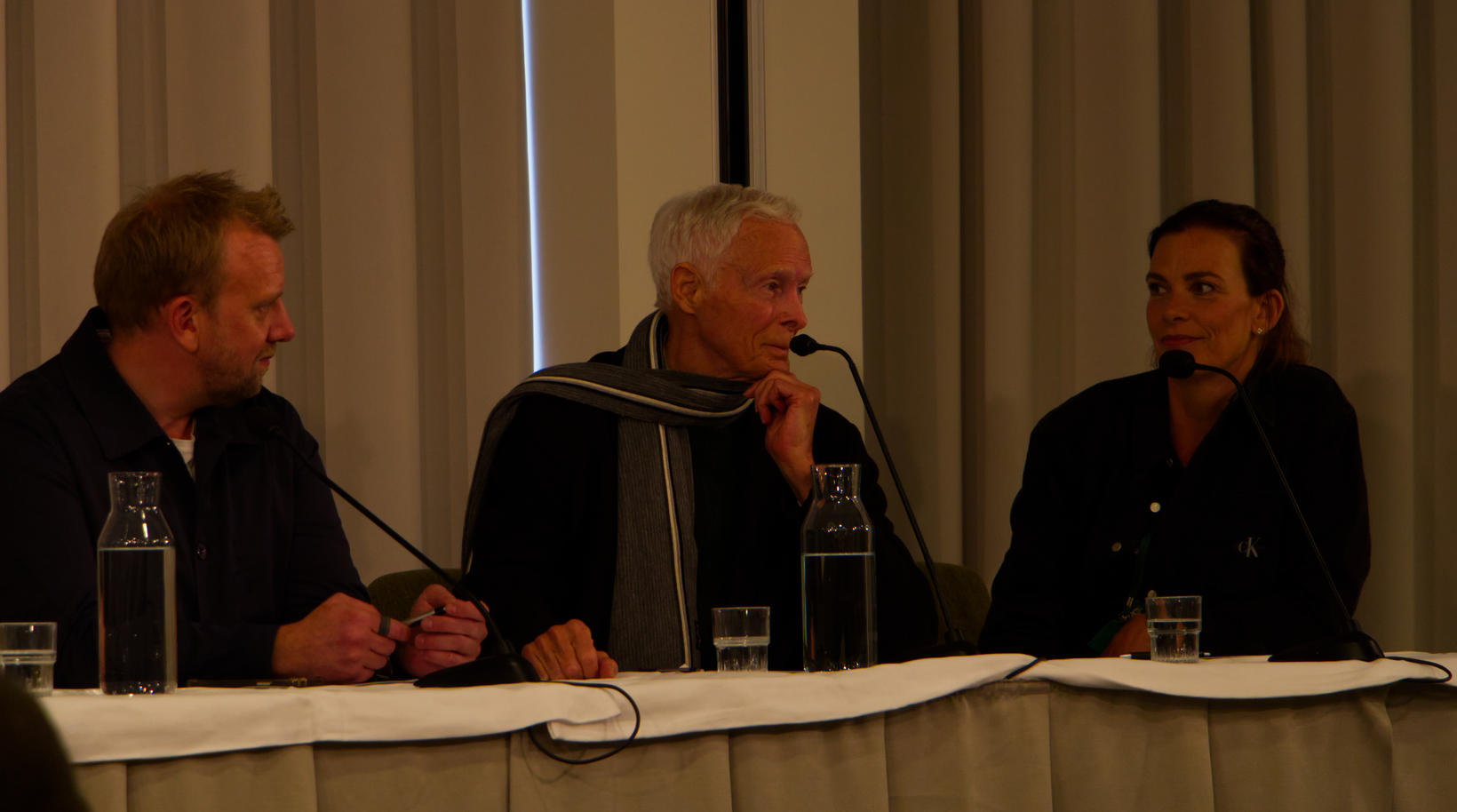Tomorrow comes the summer time, scorpions go 60 minutes before

Tomorrow, starting at 02:00 (March 30), the clock will go 60 minutes before. This will cause us to lose 1 hour from the morning sleep, waking up earlier. The purpose of changing the clock is to get the most of the solar energy as well as saving electricity.
The summer time will last until the last Sunday of October, when the scorpions will return 1 hour after.
How was the concept of summer time born?
It was 1907 when the Englishman William Willett presented the idea of »summer time » so that people would not bring the precious hours of light in the summer mornings in vain.
Willett thought of this idea in order to get people out of bed earlier, changing the clock. He proposed that the clock had to be postponed for 80 minutes in four progressive steps in April and in the same way in September. Willett then spent the rest of his life trying to convince people that his scheme was right.
Unfortunately, he died of a flu in 1915, at the age of 58, a year before the Germans adapted his plan to change the time on April 30, 1916, but not for 80 minutes, but for 60, when the clock returned to 23:00. Britain then followed this change later on May 21.
The act of « Summer Times » was adopted by the British Parliament in 1916, and on May 21, 1916 was the first day of the ‘summer time’ calculation.
But it didn’t always change for an hour.
The hours today are almost an hour behind or money, but throughout the history there have been some changes, such as a 30 -minute semicircle, or double adjustment of two hours, and other adjustments for 20 and 40 minutes. A two -way arrangement was used in several different countries during the 40s of the 20th century.
A semicircle was used in New Zealand in the first half of the 20th century. In Australia, in the meantime the Ora was once postponed or returned for 30 minutes.
Since 1981 it was decided to change the clock, which includes all of Europe, where in many of its countries, the scorpions move 60 minutes ahead. The European norm determines the start dates of the summer hour, where the scorpions move 60 minutes before and winter when it goes 1 hour after.
Changes are made on the last Sunday of March and the last Sunday of October. Changing the clock is aimed at saving electricity and using sunlight. After the spring equinox, the day begins to extend and reaches its peak on June 22, with 15 hours and only 9 hours.





